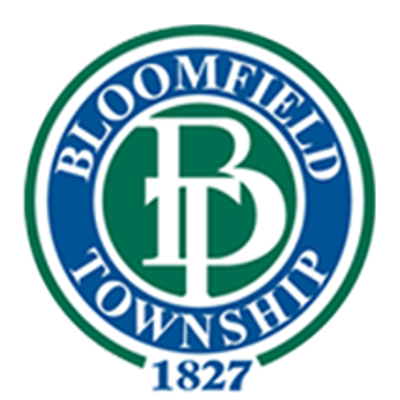Discharge of Prohibited Restrictive Covenants Act allows for removal of language that prohibits occupancy or land ownership based on sex, skin color, national origin, religion and more.
Looking around the dais at the February 27th Board of Trustees meeting, one might be surprised that at one point in our history six of the seven present Board members could not own or occupy property in many Township subdivisions. During the 1920’s until mid-1940’s new neighborhood deed restrictions limited ownership or occupancy to “gentiles of the Caucasian race.” The Fair Housing Act and Civil Rights Act in 1968 long ago made this discrimination illegal, but the discriminatory language still remains. A new Michigan law will allow homeowners and Homeowner Associations (HOA) to file discharge documents to remove this language. This same law required HOAs to act to remove if requested.
“In law school I began mapping out areas across the State of Michigan where these discriminations appeared, which unfortunately is quite prevalent,” said Clerk Martin Brook. Placing a spotlight on this history of housing discrimination has been a long-time mission for the Township Clerk who was pleased to see the Michigan Legislature pass the Discharge of Prohibited Restrictive Covenants Act (DPRC) in December. “In short, homeowners, HOA’s and condo associations can file a form called Discharge of Prohibited Restriction with the Register of Deeds to have such language removed,” said Clerk Brook. “My office has already begun the process of notifying HOA’s about this law, but interested residents can contact my office at 248-433-7702 or clerk@bloomfieldtwp.org for more information.”
Watch the presentation at the Board of Trustees meeting.
Oakland County Clerk Lisa Brown attended the meeting to clarify the law. Not all restrictive covenants are prohibitive covenants. For example, rules about garages and swimming pools are restrictive covenants not effected by this law. If you have your property’s deed on file, most likely you will not find this language as deeds typically include language adopting covenants in prior filed deeds. The Oakland County Clerk’s online system only contains deeds dating back to 1964 and the discriminatory language is most commonly found in deeds of the 1920’s and 30’s. To find out if your deed is relevant, Clerk Brown recommends calling 248-858-5697 to have her staff find the document in their archives.
Clerk Brook encourages residents to do the work and find out if they can file a Discharge of Prohibited Restriction. He added, “The Township Board of Trustees is reflective of the Township as it exists today. We can’t change what happened in the past, but by taking action now we can make a statement about who we are as a community today.”
